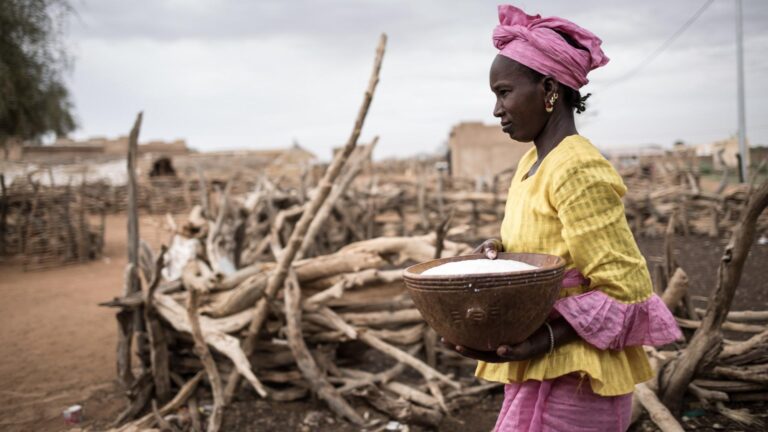Everything You Need To Know About Hunger in Senegal
Hunger remains a critical issue in Senegal, affecting millions of individuals throughout the country. The impact of food insecurity is widespread and devastating. According to various reports, about 2 million people are currently experiencing severe hunger conditions.
Causes of Hunger in Senegal
The roots of hunger in Senegal are multifaceted, involving both economic and environmental factors. Poverty plays a significant role in the prevalence of hunger. Many families lack the financial means to purchase sufficient food, exacerbating their nutritional deficits.
Climate change also significantly affects agricultural productivity in Senegal. Extreme weather conditions like droughts have intensified food shortages. These environmental stresses are particularly challenging for rural farmers who depend on predictable weather patterns for their crops.
The Role of Agriculture
Agriculture is a cornerstone of Senegal’s economy, yet it faces numerous challenges that contribute to hunger. Despite its importance, the agricultural sector is often under-resourced and poorly supported. This lack of investment leads to inefficiencies and reduced crop yields.
Moreover, many farmers rely on subsistence farming, making them vulnerable to fluctuations in market prices and crop failures. This vulnerability drives communities deeper into food insecurity. Implementing sustainable agricultural practices is essential for improving food security in Senegal.
International Aid and Initiatives
Various organizations are actively working to combat hunger in Senegal. The international community provides crucial aid aimed at food security programs. These initiatives include educational programs on sustainable farming and direct food aid during crises.
The Borgen Project is one such organization focused on combatting global hunger issues, including those in Senegal. You can learn more about their efforts and how they are addressing these pressing issues.
Community Resilience and Solutions
Building community resilience is vital for overcoming hunger challenges in Senegal. Local organizations are implementing innovative solutions that empower communities. These initiatives often focus on improving access to resources and education about nutrition and agriculture.
Collaboration between the government and NGOs plays an essential role in addressing the hunger crisis. Community-driven approaches not only provide immediate relief but also promote long-term sustainability. Fostering local capacity is essential for ensuring a secure food future in Senegal.
Conclusion
Hunger in Senegal is a complex issue, influenced by economic, environmental, and social factors. While challenges remain, there is a growing movement toward sustainable solutions. With continued support and development, Senegal can move toward a future with reduced hunger and improved food security for all its citizens.

